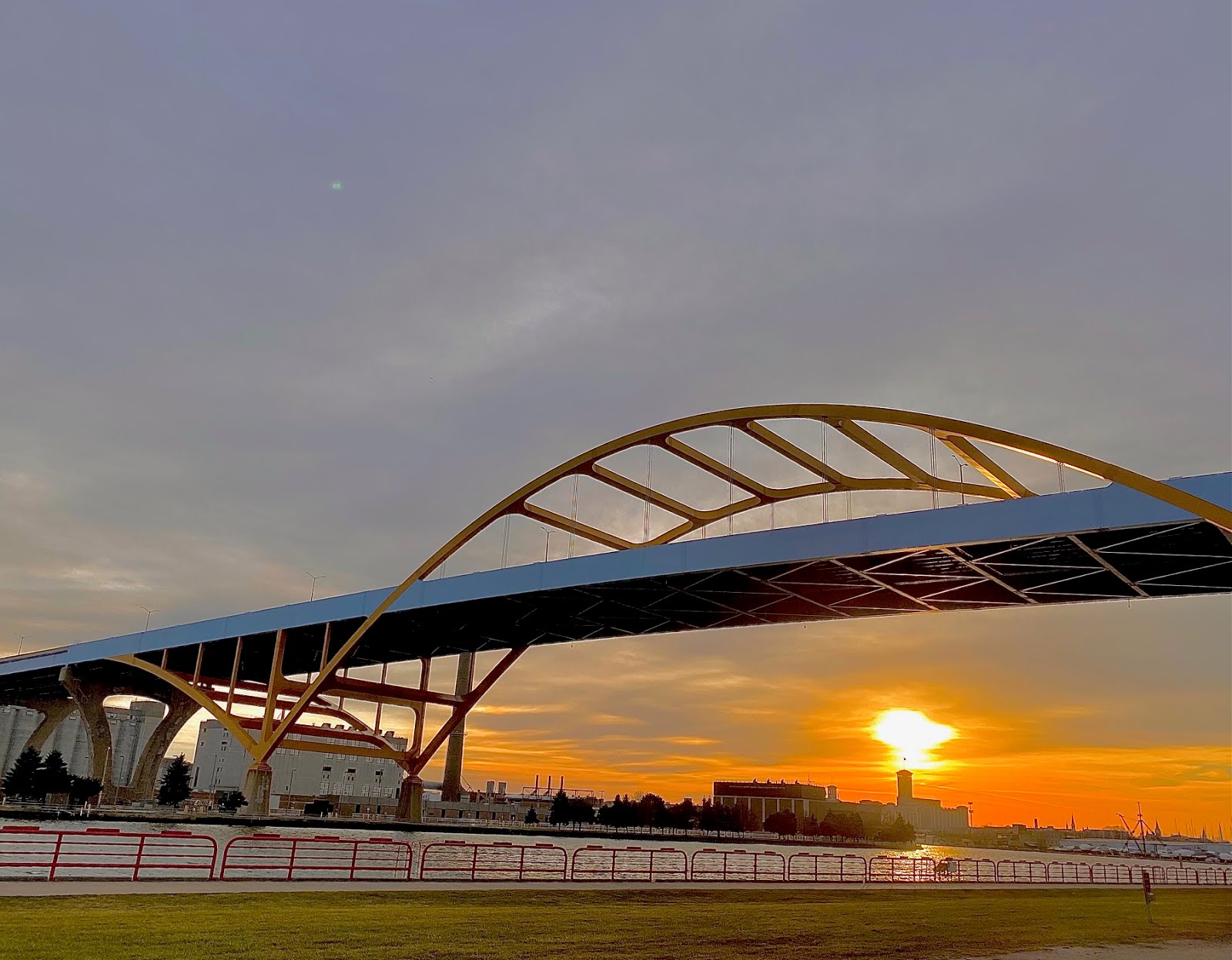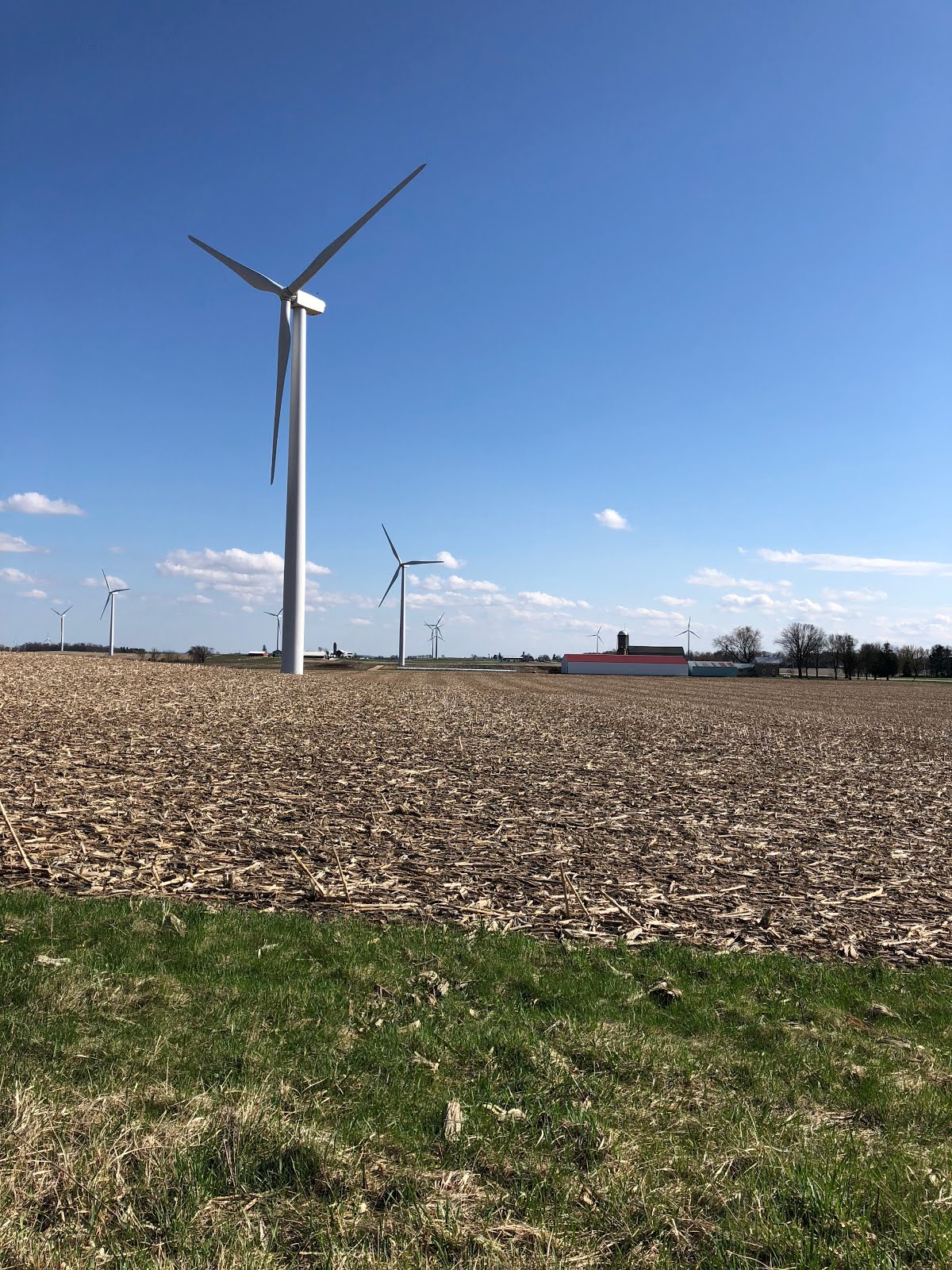Wetlands' Damage From Pipeline Unacceptable, But Predicted, Predictable
A pattern of harmful violations to the environment during the construction of an oil pipeline will lead to a significant financial penalty levied by the Wisconsin Department of Natural Resources, the Milwaukee Journal Sentinel reports Sunday.
Wisconsin Wetlands Association had been monitoring the construction: the group's due diligence, and more, has raised public awareness and helped to make sure the pipeline builder is held accountable.
So while there will be enforcement action by the DNR, it's important also to ask three questions:
1) How did we get to this position?
2) How much money is enough to fix the damage and deter its repetition?
3) Why isn't there better goal-setting, management direction and field work by the pipeline companies on the front end, so the state wouldn't have to come in once the damage is done and make sure that things are repaired, as best as that can be done, after-the-fact?
Or have we reached the point where anything is acceptable as the price of 'progress?' Do we really want to go down that road, leaving for future generations a diminished and polluted landscape?
Wisconsin environmental organizations had been tracking pipeline construction and warned of its damage to wetlands - - some of which I catalogued here last September.
Midwest Environmental Advocates had been deeply involved, too, and some media had reported on the issues. You wonder where we'd be without these non-profit organizations that, armed with facts and energy, keep raising the alarm about dangers posed to our shared resources.
But unfortunately at a certain level - - and this attitude will become more prevalent and excused with the rush to find and sell more oil - - industry just does not care enough about the land and water they are tearing through to boost their bottom lines.
As pipelines fill with Canadian crude oil heading for several refineries in the Great Lakes region, including the Murphy Oil facility in Superior, construction flaws and operating errors will inevitably make stream and wetland damage, and other ecological problems, routine.









No comments:
Post a Comment